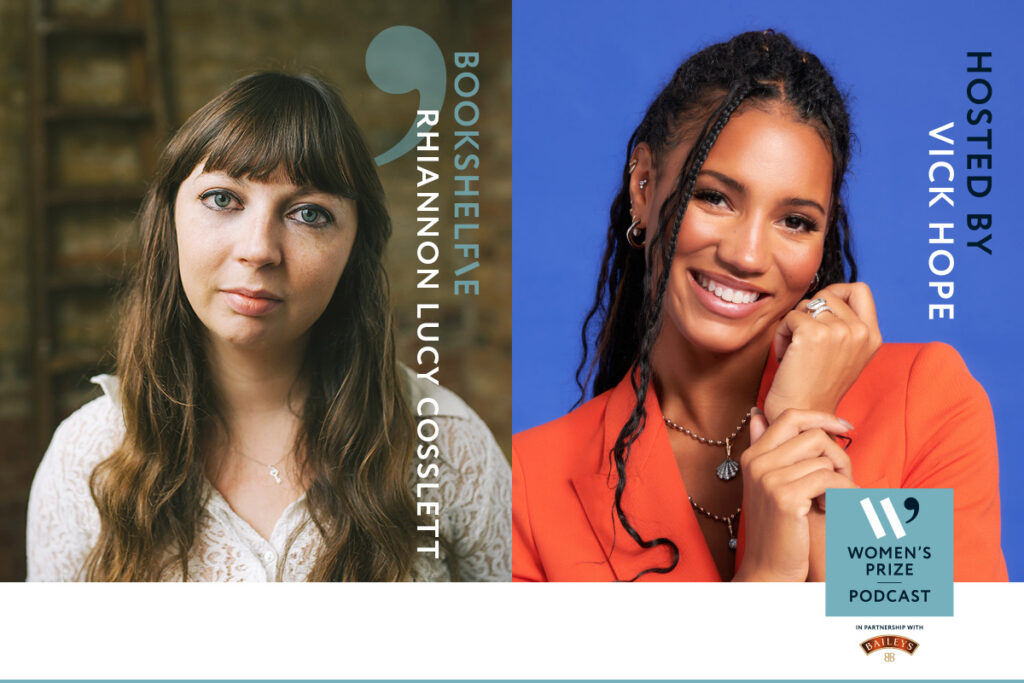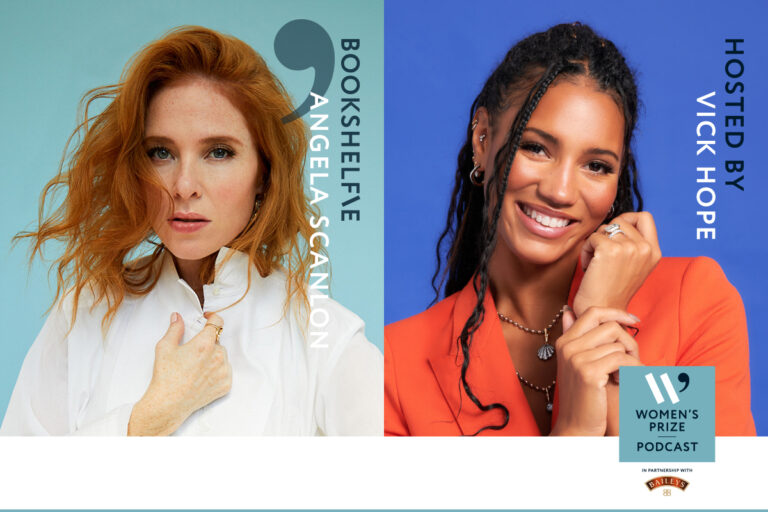Columnist and writer Rhiannon Lucy Cosslett talks to Vick about motherhood, neurodivergence and her love for quiet books which look at interior lives.
Rhiannon is best known as a writer and columnist for The Guardian, co-founder of the feminist satire blog The Vagenda (later a book) and as a writer for Vogue, Elle and the Independent. She’s also the author of multiple books. Her debut novel, The Tyranny of Lost Things, is a beautiful coming of age story that deals with trauma and memory, set against the backdrop of the 2011 London riots. Her critically acclaimed memoir, explores her decision whether or not to have a baby, and how a small cat named Mackerel reminded her of just how much love she had to offer. Her new book, The Republic of Parenthood: On Bringing Up Babies, is a fearless account of the first years of parenting, drawn from her agenda-setting Guardian column, alongside new essays and beautiful illustrations by Pia Bramley. Rhiannon’s second work of fiction, Female, Nude, will be published in 2026.
Listen to the full episode here and read on to discover Laura’s five most influential books by women.
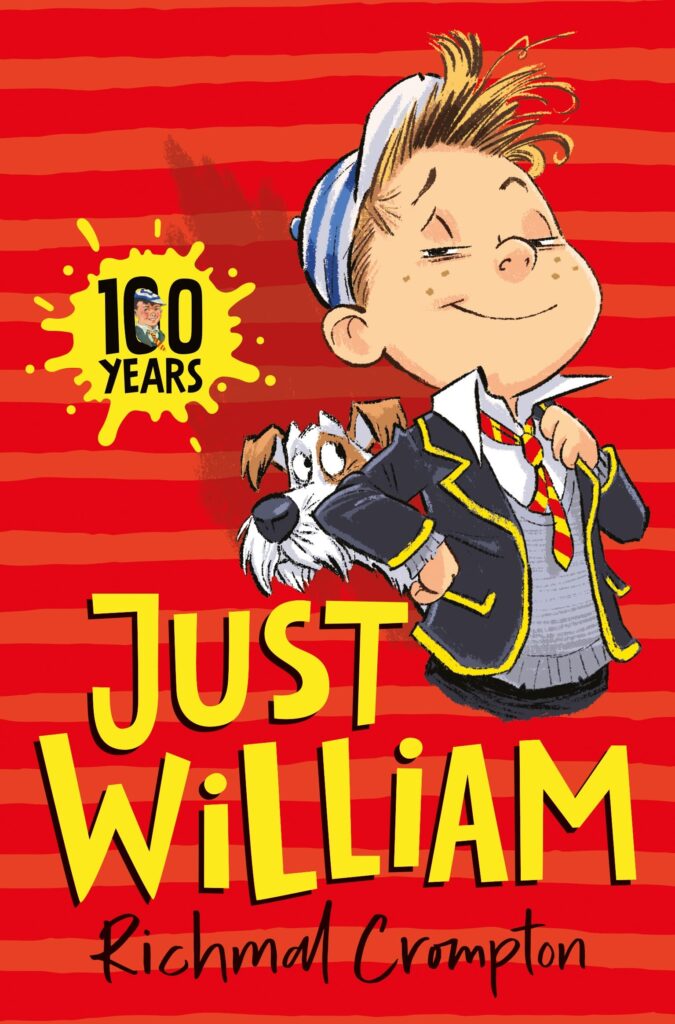
I think what’s interesting about Just William is that it’s not really a children’s book, it’s written very very satirically. I’m the mum of a small boy now and small boys are inherently funny, and it kind of is about that. He gets into these scrapes and adventures and it’s kind of annoying the adults around him, and when you read them as an adult you see how amusing they are, whilst when you read them as a child I think I wanted to be William. […] The vocabulary of them is just extraordinary, I used to have a notebook and I would write down every work I didn’t understand and look it up in the dictionary. […] I think the way I use language now is largely thanks to that.
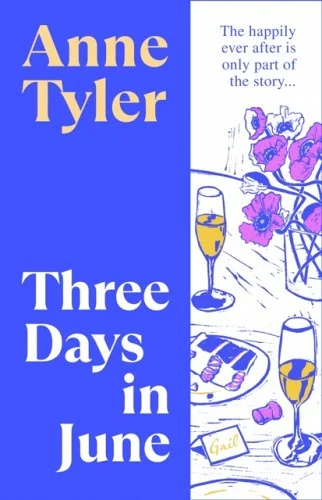
I have always loved Anne Tyler, I’ve been reading her since I was a teenager. I think no one writes families better, she’s just brilliant at those relationships between people over long periods of time, she’s a wonderful chronicler of the familial and the domestic. And her perspective as an older woman writer I think is very important. Tyler, to me though, in this book is just at the height of her powers. It’s a very very short novel, she can write big 400-page tomes as well, but this is an incredible masterclass in economy.
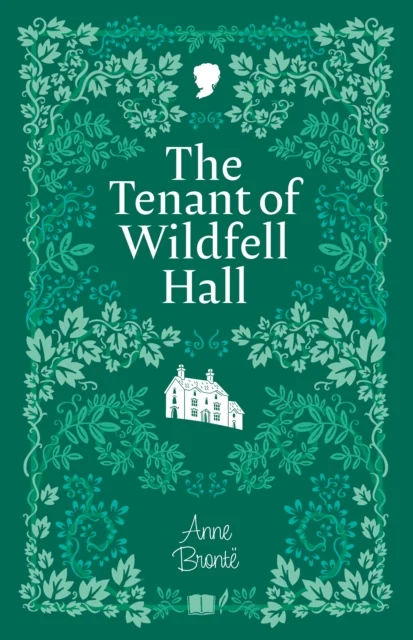
My jaw was just open, I was going ‘I can’t believe how radical this is!’ It had completely passed me by, and it astonished me because it’s essentially about a woman, a mum, who flees a violent relationship. It was incredibly shocking at the time and it’s still shocking now, because of the context of the time in which it was written, it’s a masterpiece and I couldn’t believe more people weren’t talking about it.
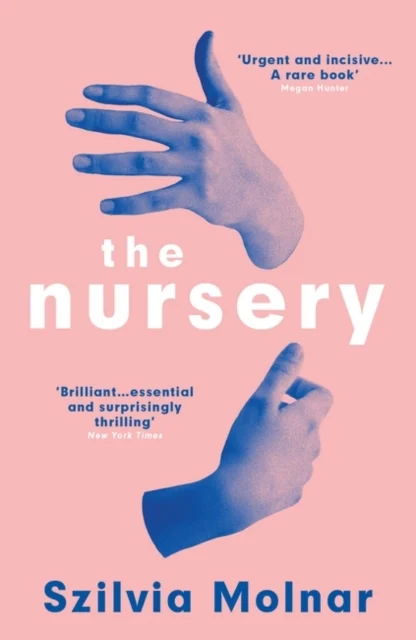
I think what’s wonderful about this novel is that it has that feeling of being in real-time, and so much of what we read about motherhood is constructed afterwards – understandably because looking after a small baby is all-consuming and time-consuming and exhausting, and you have sleepless nights and trying to create something under those conditions is very difficult so it’s not a surprise that not many people haven’t done it, they go back to it and write it afterwards. There’s lots of great writing about motherhood that’s been written afterwards but I think it lacks the kind of viscerality that I think this novel captures, and a physicality as well – it’s a very bodily novel. [..] It’s essentially a gothic novel about post-natal depression.
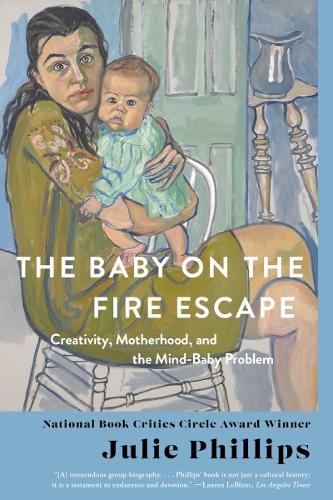
The Baby on the Fire Escape: Creativity, Motherhood, and the Mind-Baby Problem
by Julie Phillips
Find out moreI think everyone should read this book, but particularly if you have a baby or are about to have a baby because it’s about how mothers make art. She says in the book she’s trying to find a pattern, she’s trying to find a roadmap I guess for how women have achieved this over the years, and there isn’t one. Each artist or writer that she profiles went about it in their own specific way, and I guess what’s so interesting about it is not so much that it’s a roadmap, but it shows how kind of creative and innovative about it you have to be in your own life in order to make space and create when you are caring for people. I think that’s a negotiation that so many of us face, especially when you have a baby.
